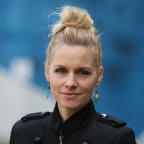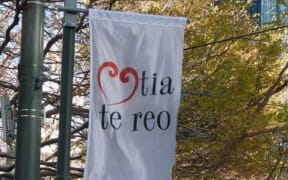Analysis - Keeping te reo Māori alive and healthy is more of a task than one might imagine.
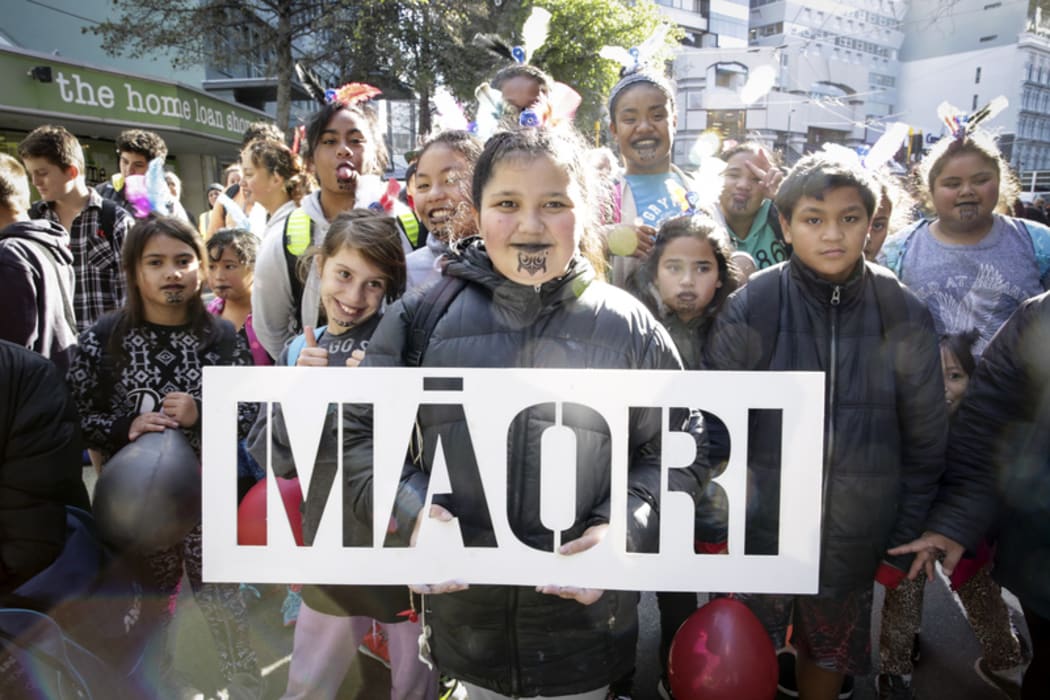
About 148,000 people speak te reo Māori. Photo: RNZ / Rebekah Parsons-King
I was too old for Kōhanga reo, missing that opportunity as a child, but when I was 19 headed off to Te Ātaarangi te reo classes in Waikato.
I had no idea what I was in for. I flatted with other classmates, as suggested by the teachers so we could carry our language from the classroom to the home.
The classes were total immersion - no English, it was sink or swim.
It changed my life and enabled me to be a te reo Māori speaker when my children began at Kōhanga reo ten years later - but more than giving me a second language, it gave me a full identity.
It's the 41st year New Zealand has celebrated "Te Wiki o te Reo", and this year the theme is Ākina te reo - encouraging or supporting others to speak it.
The language is in dire need of some new supporters with just 3.7 percent of New Zealanders, about 148,000 people, Māori speakers.
That's not helped by the fact 1353 schools do not have any language teaching at all. Despite this, Prime Minister John Key said he was not in favour of making te reo Māori compulsory.
The truth is there are not enough Māori-speaking teachers anyway because, as a Māori language teacher told me the other day, our education system does not encourage teachers to learn te reo Māori.
So what can we all do to raise the level of te reo Māori today?
I think we lead by example. We encourage others in a safe space to give te reo Māori a go, and we challenge our broadcasters and leaders to do better.
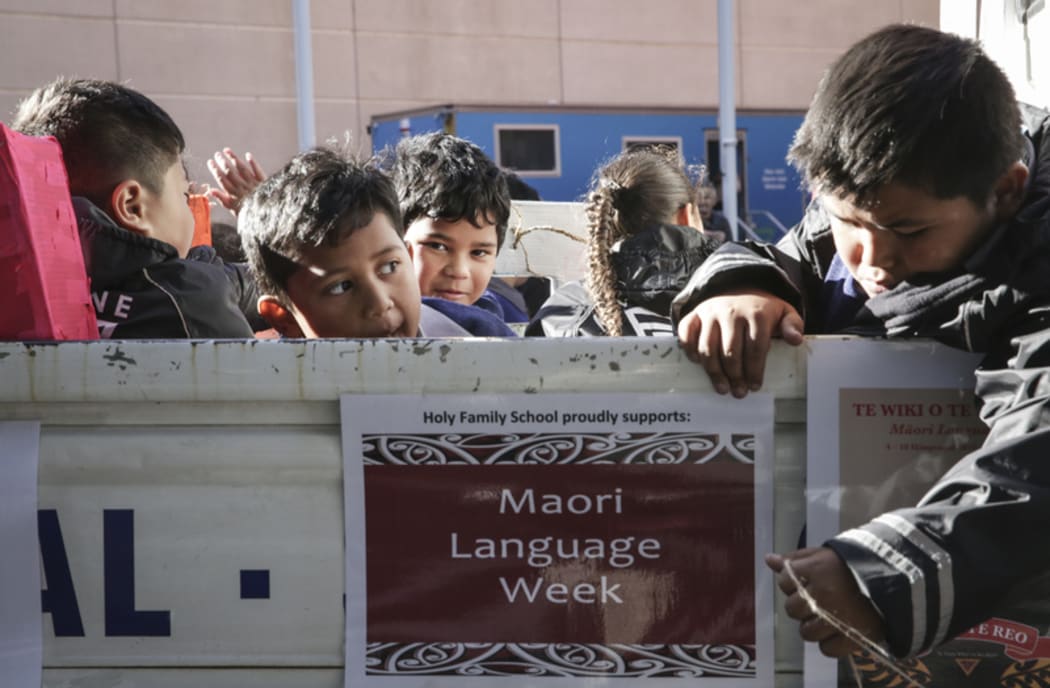
Photo: RNZ / Rebekah Parsons-King
From the top - Mihingarangi Forbes talks to Prime Minister John Key
I asked Mr Key as the leader of our nation how his te reo Māori journey was going?
"I'd love to say it's improving but I'm not sure I could say that. I tell you what I can do after 8 years of being prime minister, I can understand more. Like any language, it's a series of words and of course if you can understand those words then I can understand what they saying, roughly."
But has he learnt any new words since Māori Language Week 2015?
"I definitely feel as though I can follow what's happening more and I think that would be true across the population. Certainly, the young people coming through now - there's just a lot more te reo spoken at school. You know, things like Māori language week are good actually at sparking people's imagination."
Last year the Crown acknowledged it had participated in the decline of te reo as part of a Waitangi Tribunal Report. Just 0.6 percent of non-Māori speak te reo. I asked what the prime minister thought about that?
"Yeah, so there was comprehensive work done by the minister [Māori Development Minister Te Ururoa Flavell] and he came up with a new plan.
"What the core of the plan what they essentially said was the language, teaching the language, needs to be decentralised more away from the government and more into making sure that iwi are driving that process."
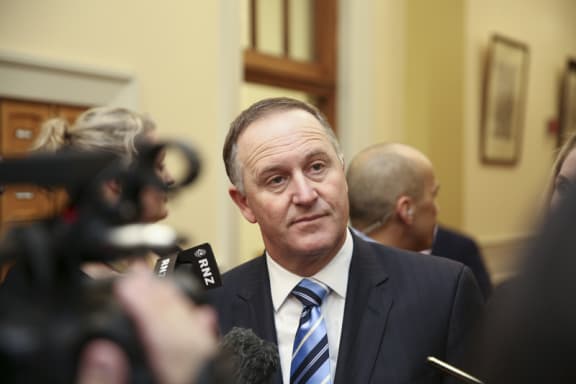
John Key Photo: RNZ / Rebekah Parsons-King
But what about the responsibility of the government?
"The first I think is to continue funding Māori Television. I think promotion of things like Māori Language Week it's to a certain degree in the curriculum."
What about mainstream schooling, what does Mr Key think about the level of te reo Māori there?
"Well, I think we should encourage more speaking of te reo, mainly because one of the things the academics will tell you is if you learn a second language when you're young, your capacity to learn another langauge is greater and so why would'nt you spark the imagination of a youngster."
But would he go as far as making it compulsory?
"Well we could, but insomuch that we make anything compulsory there is always a lot of debate about that - you know, maths is no longer compulsory after year 11."
But maths is not a treaty obligation.
"I agree, but we fund Māori TV, which is around $50 million a year, and I think there is a range of other things.
What if the language continues to decline, would Mr Key consider compulsory te reo Māori in Primary schools?
"I don't think we would want to go compulsory, but I think that what we would want to do is say, Ok if that's the case what could we do to encourage people?"
